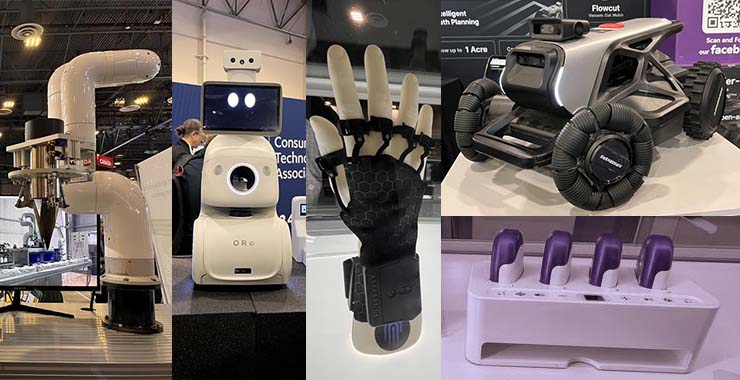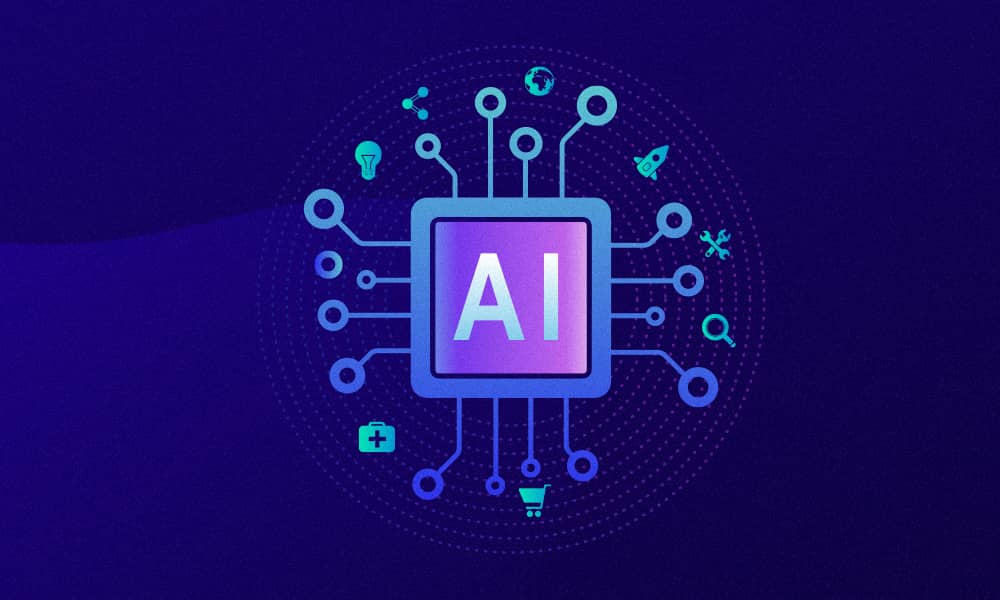
The impact of technology on society
Advancements in technology have had a profound impact on society, revolutionizing various aspects of our lives. From the way we communicate and interact with one another to the way we work, technology has reshaped the world we live in. Among these advancements, artificial intelligence (AI) and robotics stand out as game-changers.
The ethics of artificial intelligence
As AI becomes more ingrained in our daily lives, it raises important ethical questions. How far should we push the boundaries of AI? What are the potential risks and consequences? Ethical considerations, such as data privacy, bias, and accountability, need to be at the forefront of AI development to ensure that it benefits society without compromising our values.
Understanding algorithmic decision-making
Algorithmic decision-making, a process driven by AI, is increasingly being utilized in important areas such as finance, healthcare, and law enforcement. However, it is crucial to understand how these algorithms work, and whether they are transparent, fair, and accountable. The potential for biases and unfairness is a constant concern that needs to be addressed.
Robotics in healthcare and beyond
Robots are already playing a significant role in healthcare, performing tasks such as surgery, diagnostics, and patient care. With the ability to operate with precision and consistency, robots are revolutionizing the healthcare industry, improving patient outcomes, and reducing the workload on healthcare professionals. The potential for robotics goes beyond healthcare, with applications in sectors such as agriculture, manufacturing, and logistics.
Smart devices transforming our lives
Smart devices, such as smartphones, tablets, and wearables, are ubiquitous in today's society. These devices have transformed the way we communicate, access information, and interact with the world around us. From voice-activated assistants to smart home automation, these devices are becoming an integral part of our lives, making tasks more convenient and efficient.
Utilizing virtual assistants for efficiency
Virtual assistants, powered by AI, are becoming increasingly popular in both personal and professional settings. These assistants can perform tasks such as scheduling appointments, setting reminders, and providing relevant information. By delegating mundane and time-consuming tasks to virtual assistants, individuals and organizations can focus on more important and strategic activities, enhancing productivity and efficiency.
Unlocking potential with cognitive computing
Cognitive computing combines AI, machine learning, and natural language processing to mimic human cognitive abilities. This technology enables machines to understand, reason, and learn from vast amounts of data. By unlocking the potential of cognitive computing, organizations can gain valuable insights, make informed decisions, and improve overall performance.
Machine learning for predictive analytics
Machine learning algorithms can analyze vast datasets and identify patterns that humans may not be able to detect. This enables organizations to make accurate predictions and forecasts, improving their decision-making processes. Machine learning is being utilized in various industries, such as finance, marketing, and healthcare, to identify trends, reduce risk, and enhance outcomes.
Harnessing data for business growth
Data has become a valuable asset for businesses. With advancements in technology, organizations can now collect, store, and analyze massive amounts of data. By harnessing this data and applying analytics, businesses can gain insights into customer behavior, optimize processes, and identify growth opportunities.
The future of automation in the workforce
Automation, driven by AI and robotics, is transforming the workforce. While some fear that automation will lead to job losses, others argue that it will free up humans from mundane tasks and allow them to focus on more meaningful and creative work. It is crucial for policymakers and businesses to plan for the future and ensure a smooth transition by retraining and upskilling workers to adapt to the changing demands of the workforce. In conclusion, AI and robotics are advancing at an unprecedented pace, revolutionizing various aspects of our lives. While the potential benefits are immense, it is essential to address ethical concerns, ensure transparency in algorithmic decision-making, and prepare for the future of automation in the workforce. By leveraging technology responsibly and ethically, we can harness its full potential and shape a better future for society.

